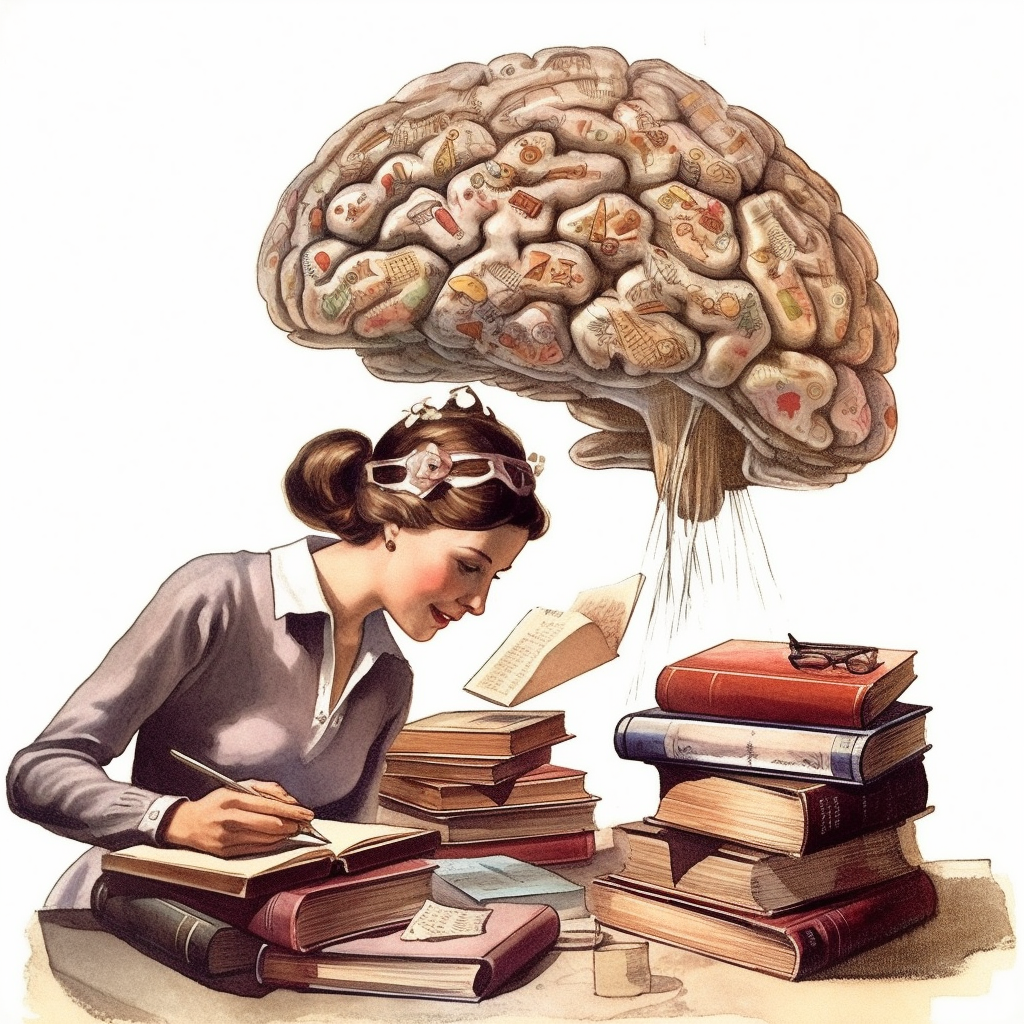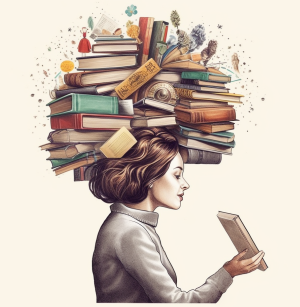In our rapidly evolving world, the adage “Knowledge is a treasure but practice is the key to it” is more relevant than ever. At its core, this phrase emphasizes the difference between merely knowing something and being able to apply that knowledge effectively in real-world situations. Let’s delve into an in-depth exploration of the phrase, its implications, and its significance in today’s age.
1. Knowledge as a Treasure
a. Definition
Knowledge refers to the collection of facts, information, and skills that one acquires through education, experience, or training. It serves as the foundational building block for innovation, growth, and progress. It’s our understanding of subjects, concepts, and the world at large.
b. Importance
Knowledge is powerful. From the erudition of ancient scholars to the findings of modern-day scientists, knowledge has been the catalyst for civilization’s advancements. It provides us with insights into how the world works, from the mysteries of the cosmos to the intricacies of the human body. This accumulated wisdom allows societies to progress, innovate, and evolve.
c. How We Acquire It
In modern times, with the proliferation of the internet and digital media, information is at our fingertips. We have unprecedented access to knowledge from all over the world. This includes formal education, reading, seminars, workshops, and online platforms like MOOCs (Massive Open Online Courses).
2. Practice as the Key
a. Definition
Practice refers to the repeated exercise or application of a skill or activity to acquire proficiency. It’s not just about repetition but also refinement and understanding.
b. The Gap between Knowledge and Mastery
While knowledge provides a theoretical understanding, practice transforms this theory into actionable skills. For instance, knowing the principles of playing a musical instrument doesn’t make one a musician. It’s the consistent practice that refines the techniques and fosters musicianship.
c. Examples of Practice in Real Life
- Medicine: Medical students spend years studying anatomy, diseases, and treatments. However, their true learning begins with hands-on experience during residency, where they apply their knowledge to treat patients.
- Sports: An athlete may know the techniques of a game, but without consistent training and practice, they cannot hope to excel in actual competitions.
- Arts: An artist might be well-versed in the theories of color, form, and technique, but it’s only when they repeatedly paint, sculpt, or create, that their unique style and expertise emerge.
3. The Symbiotic Relationship between Knowledge and Practice
Knowledge and practice, though distinct, are intricately linked. While knowledge provides the foundation, practice builds upon that foundation, leading to mastery. Theoretical understanding without application remains dormant, while practice without sound knowledge can be directionless.
4. Implications for Today’s Age
a. The Information Overload
In today’s digital age, we are inundated with information. The challenge is no longer accessing knowledge but discerning relevant, accurate, and actionable information from the noise. And once this is achieved, the next step is to put that knowledge into practice.
b. Lifelong Learning and Adaptability
With the rapid pace of technological and societal change, continuous learning and adaptability become imperative. It’s not enough to rely on past knowledge. To remain relevant and effective, one must constantly update their knowledge and continuously practice new skills.
c. The Changing Nature of Jobs
Many jobs that exist today didn’t exist a decade ago. As job roles evolve, so does the need for a combination of fresh knowledge and practical skills. Hence, professionals must be proactive in both acquiring new knowledge and practicing relevant skills.
5. Conclusion
The saying “Knowledge is a treasure but practice is the key to it” serves as a timeless reminder of the importance of not just acquiring knowledge but also diligently applying it. In an age where information is abundant, the real value lies in the ability to discern, apply, and refine through practice. Whether it’s in our personal endeavors or professional pursuits, this balance between knowledge and practice remains the cornerstone of mastery and success.



